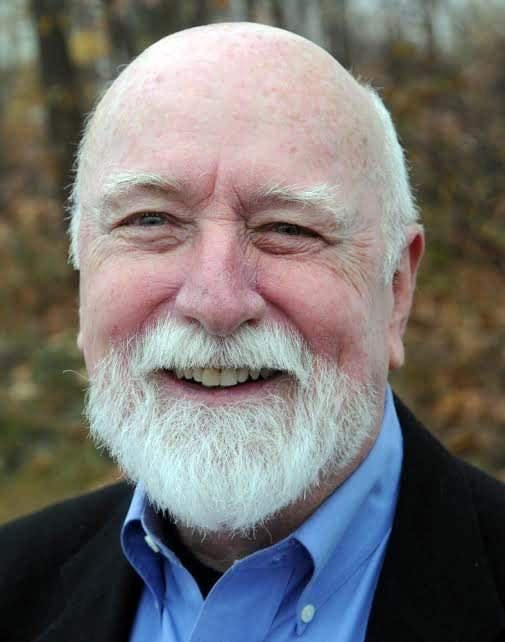The Observer: It’s tough to make predictions
Everyone wants to know what’s going to happen — with the weather this coming winter, with next Tuesday’s mid-term elections, with who will run for president in 2024, with the World Series (well, everybody from Philadelphia and Houston anyway), etc. But, as Yogi Berra once observed: “It’s tough to make predictions, especially about the future.”
To predict is to say something about events or conditions that haven’t happened yet and given the law of cause and effect, the future is always dependent. Good predictions may be associated with past events but — as any honest financial advisor will tell you — past performance is no guarantee of future returns.

Still, we all want to know what’s going to happen tomorrow. We’d also all like to be able to read the tea leaves and find out about the ups and downs of the stock market. Knowing things before they happen allows us to prepare and to take advantage of what will develop down the road.
In the sixteenth century, we had Nostradamus from whom some people still derive insight. The twentieth century had Baba Vanga (b. 1911), a blind Bulgarian mystic, who recorded her predictions through to the end of the world — which she predicted for the year 5079. Lots of people throughout history have predicted apocalyptic events but they’ve all been proven wrong. Yogi was right: predicting the future is hard.
Thanks to the Internet, you can consult a psychic via the psychic hotline, all for less than $1 per minute — and the first three minutes often are free! What might people most want to know about? Relationships? Their health?
The Observer:Welcoming America's newest immigrants
Stocks trends? Prospects of war? Personally, I’m interested in who’s going to win the next presidential election (2024). No spin, please, just give me what you’ve got. Your Internet psychic may not be any worse than some of the polling gurus ready to tell you what’s up for free.
Pollsters have come on hard times recently, though this is not all that new. Some people may remember the “Dewey Defeats Truman” newspaper headlines announcing the anticipated results of the 1948 election. You’d think we’d have gotten better at polling over the last 70-plus years, but we don’t seem to have.
Polling is a complicated business. There are so many things to consider: sampling frames and stratifications, getting people to answer questions truthfully (or at all), how to reach representative populations, etc. Results of the 1948 election diverged from the predictions because of unintentionally biased polling which underrepresented some segments of the voting public. Biases remain problematic but today some data gatherers are consciously biased.
Complicating things further is the dark money that often floods into highly contested races. Ever since the Citizens United decision in 2010, anonymous sources have been free to finance propaganda that floods the electoral marketplace. What are voters supposed to believe about candidates? Disproportionate access to funding makes it hard for some candidates to compete or to counter misinformation and falsehoods spread against them.
Right now, my attention is on next week’s elections.
The Observer:The comedy of the commons
Everyone wants to know what’s going to happen, but many predictors seem more interested in persuading than in informing. Many are more interested in influencing what we believe and affecting how we act than in helping us to understand the issues and the candidates’ positions. I also sometimes wonder how many Russian hackers are putting out contrived polling data or nasty rumors designed to mislead and divide American voters.
My prediction for the headlines on November 9 — the day after the election — is a Blue Wave in Maine: Janet Mills defeating Paul LePage, Chellie Pingree re-elected to Congress in CD-1, Jared Golden beating Bruce Poliquin in CD-2, York electing Holly Sargent and Gerry Runte to the Maine House and sending Mark Lawrence back to the state Senate.
Nationally, however, there will be no Blue Wave.
Democrats will lose control of the House and with it the Speaker’s gavel. Goodbye to Speaker Nancy Pelosi. Hello to Speaker Kevin McCarthy.
With 35 of the 100 Senate seats in play this year, Democrats will manage to keep narrow control of that body thanks to costly high-profile wins in Arizona, Georgia, New Hampshire and Pennsylvania. Republicans will win crucial victories in Florida, Nevada, North Carolina, Ohio and Wisconsin.
I also predict a white Christmas in 2022; the Astros in six; and Trump and Biden both being one-term presidents. Of course, what do I know? I’m not a psychic.
Ron McAllister is a sociologist and writer who lives in York.
This article originally appeared on Portsmouth Herald: The Observer: It’s tough to make predictions
